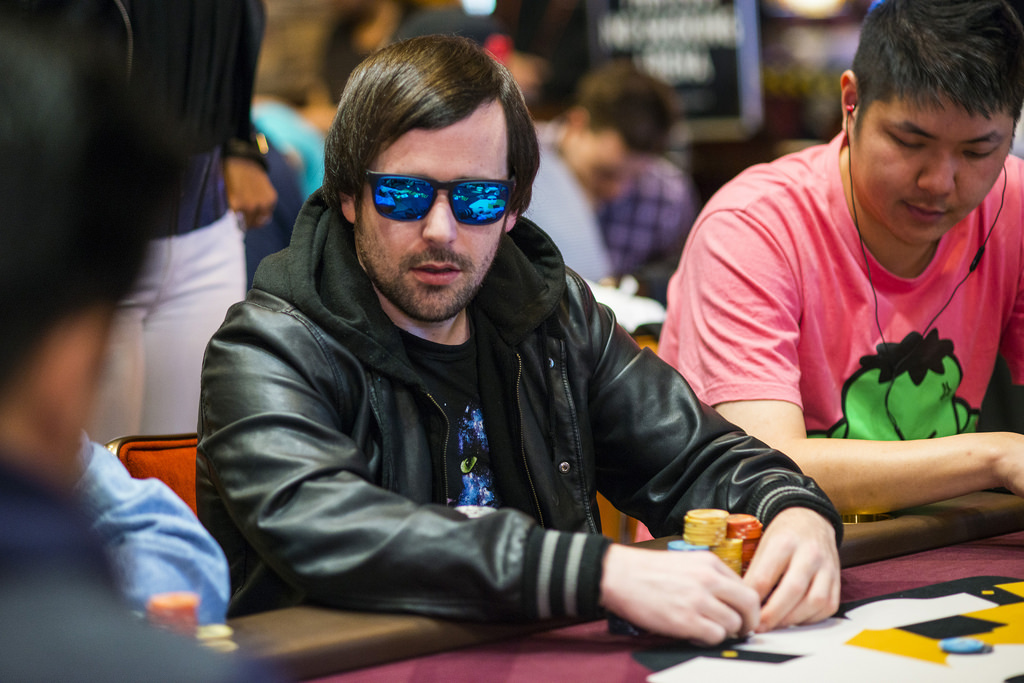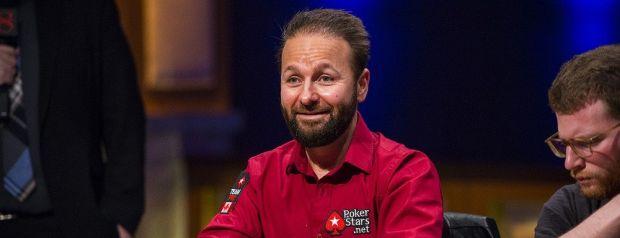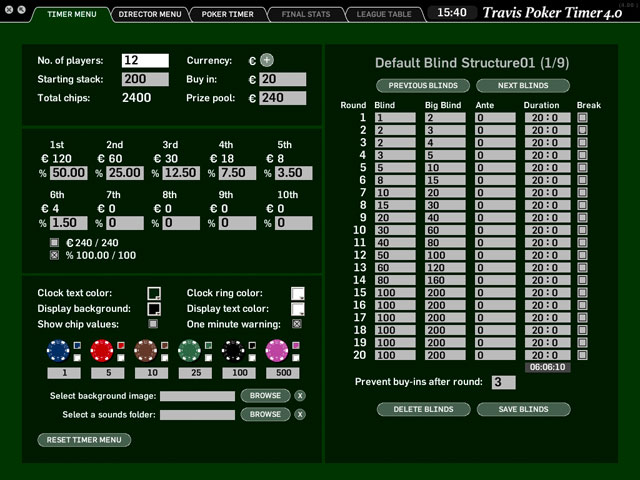13 Aug
(Photo: Assopoker.com)
One thing that everyone seems to have an opinion about these days is the issue of tanking. While it used to be the case that people could be trusted to act in a reasonable amount of time simply because to do otherwise was a dick move, it seems that that is no longer the case.
I wish I could say I was surprised, but I’m not. As poker has gone the way of all other things in the internet age, it has been relentlessly studied and optimized as player’s look for an edge. Against that backdrop, it’s being argued that tanking for five minutes just for the sake of doing it – something that poker pro Jordan Cristos proudly admits that he does – is just the terminal point of poker theory.
Here are just a few reasons players who engage in this idiocy will cite as a defense. One is that this type of behavior is simply “balancing their tanking range” in the same way they would a pre-flop three bet range to keep opponents guessing. Another is that their “decision tree” is so large that they need the extra time.
And finally, they will cite it as a kind of “mental warfare” edge when they send their opponents on tilt from the sheer frustration of waiting 5 minutes for someone to decide to open fold a hand pre-flop.

Poker personalities speak out
The problem with all of this, of course, is that it completely ruins the fun of the game. At a time when getting new players involved in the game is a top priority, the idea that you could be sitting around a table for 5 minutes waiting for someone to fold is a total disaster. As this behavior has become more prevalent, it’s become increasingly clear to those that actually care about more than their own profit that needs to be stopped.
That’s why, although PokerStars’ Daniel Negreanu hasn’t made a ton of friends in recents years with his stance on certain Amaya decisions, he did get a collective cheer from all fair-minded players when he publicly excoriated Cristos for his behavior on Twitter.

Changes to combat chronic tanking?
Many people suggest that poker already has a mechanism to deal with this kind of thing – calling the clock. The problem with this, however, is that it’s both very uncomfortable and not really considered good form to do that to another player. Certainly the idea of “calling the clock” every single hand on someone is something the original intent of the rule does not cover. Another point is that calling the clock is confrontational, and requires active involvement from either the dealer or floor person. This is a headache for players who may not feel comfortable in such a situation, making doing so nearly as detrimental to the playing experience as the tanking itself.
One of the most promising ideas surrounding how to eliminate chronic tanking is to introduce a “shot clock”. This would function the same way as in basketball – a player would have 30 seconds to make a decision, or else have their hand automatically folded. Of course, there would be exceptions for decisions where it is legitimate that a player would want time to consider their options. There are varying proposals for how to handle this type of thing, but the basic concept is sound and the World Poker Tour (WPT) is considering implementing it for all of its tournaments.

(Photo: Travispokertimer.com)
Controversy will continue
It should be noted that there are some respected voices in the poker world, such as Donnie Peters, that are squarely against the implementation of a shot clock because they feel it will harm the game. While I respect their opinion, I also strongly disagree. At the end of the day, the basic concept of poker is that you can do what you want with your own chips. Sometimes, that is going to require that you take a long time to make a decisions in a big spot, and there’s nothing wrong with that. But that’s not what we are talking about here.
There is simply no reason for someone to be “balancing their tanking range”. I call bull****. It’s a thinly-veiled excuse by certain players to selfishly slow the game down in pursuit of a personal edge, and it should be stopped. It drives recreational players away from the game, and even serious amateurs and pros find it detrimental to the experience.
In the past, simple social etiquette was enough for people to not take advantage of this beauty of the game. But unfortunately, the relentless pursuit of optimization and edge chasing has led us to a point where we can’t just be respectful anymore without a set of rules to keep us that way. It sad that this is the case, but it doesn’t make the reality of what needs to be done any less obvious.
